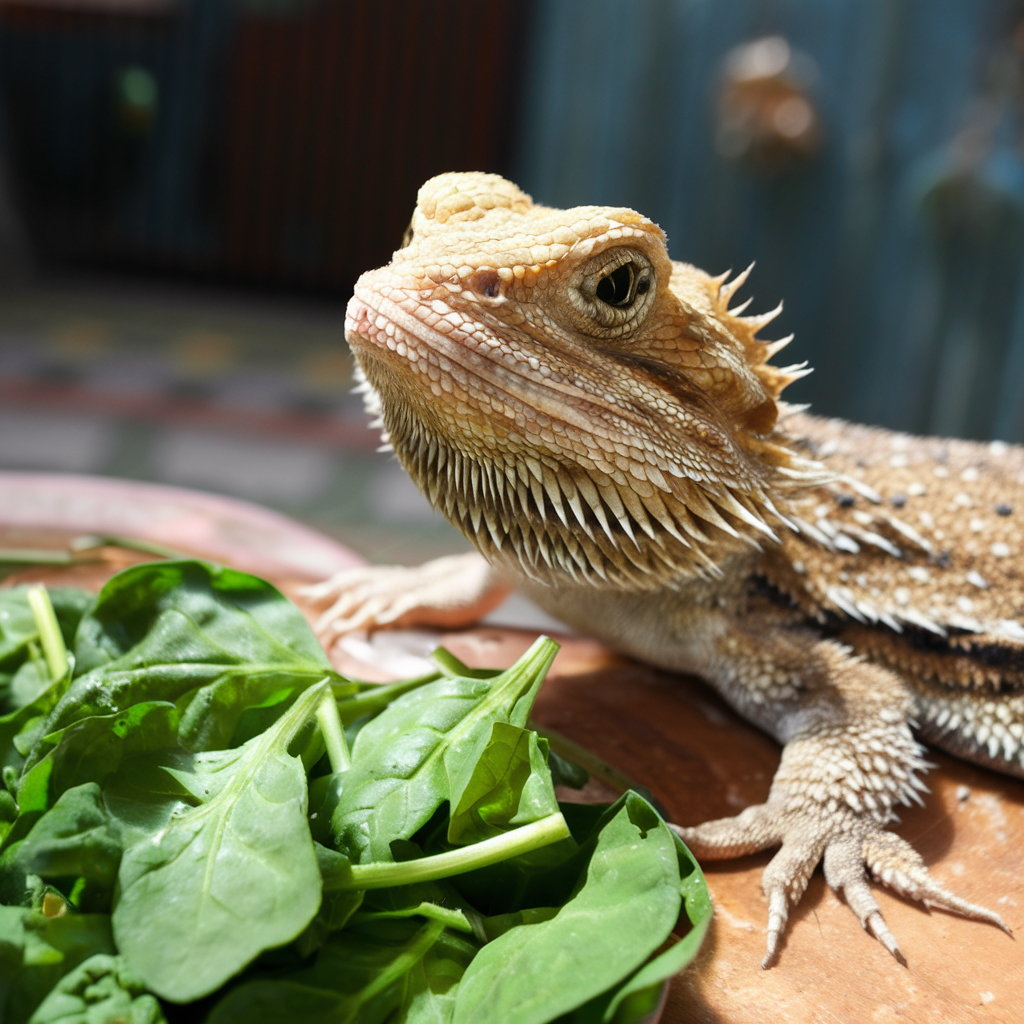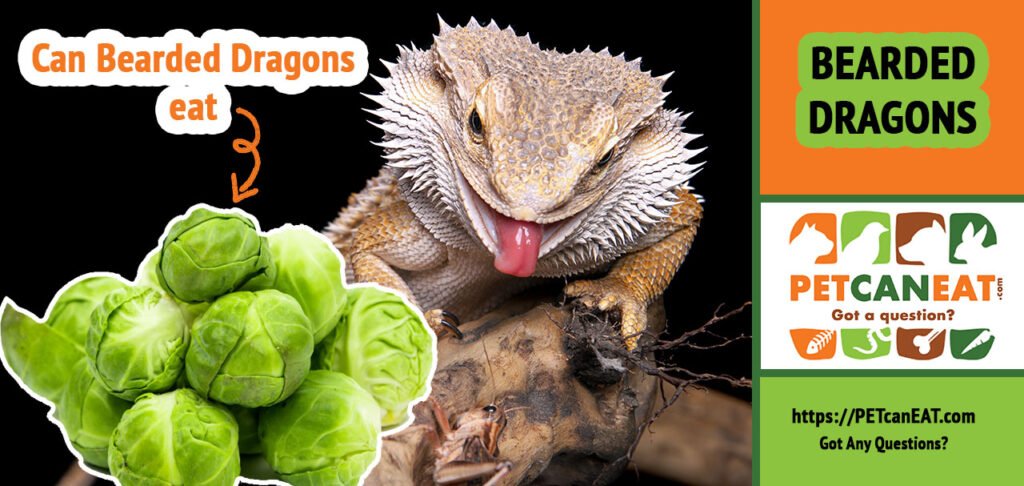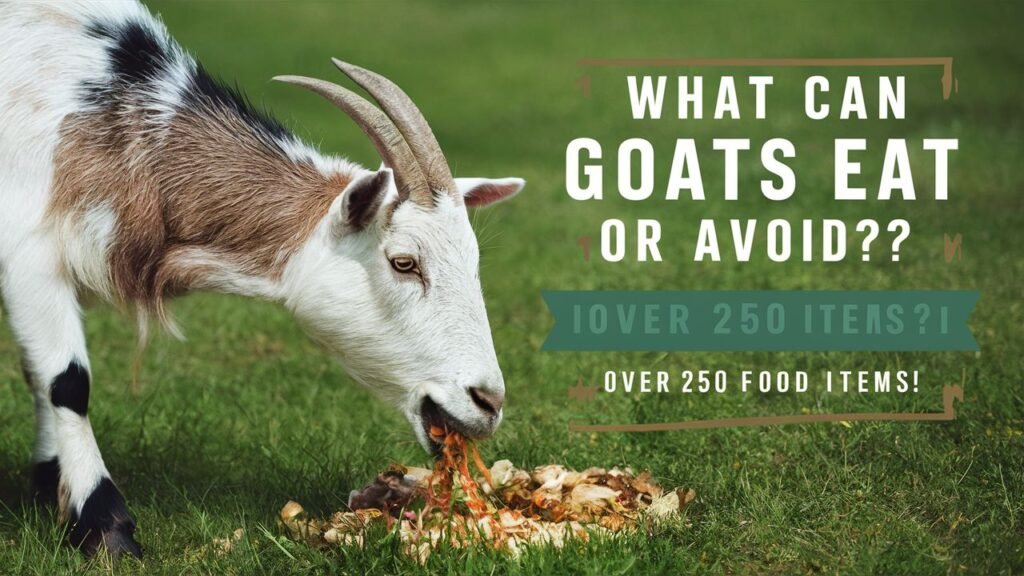You know how much fun feeding time can be if you have guinea pigs, as these adorable pets will chew on anything you give them. But should we offer them everything we eat? Can guinea pigs eat garlic?
Our adorable guinea pigs are herbivores, which means they can only eat fresh fruits and vegetables, including some roots, herbs, and even flowers. And what about garlic? This human superfood has many health benefits for us. However, is it the same for guinea pigs?
Can guinea pigs eat garlic ?
The answer is No, guinea pigs cannot eat garlic or any other bulbous vegetables. This includes onions, fine parsnips, leeks, and potatoes.
According to ASPCA, Bulbous plants such as garlic are toxic or poisonous to guinea pigs and must be avoided whenever possible. Of course, if a guinea pig accidentally tries garlic, it will not kill it, but it can have serious side effects.
This herb is a super nutritious food for humans, with countless benefits. But small animals like guinea pigs are sensitive creatures with delicate digestive systems, and garlic is a food that will only cause them pain. Now, let’s look at the nutritional profile and the risks of eating garlic for guinea pigs.
Here is the list of the nutritional content of 100 grams (3 ounces) of garlic.
Energy – 149 calories
Protein – 6.36 grams
Total lipids (fat) – 0.5 grams
Carbohydrates – 33.06 g
Dietary fiber – 2.1 g
Sugars – 1 g
Calcium – 181 mg
Iron – 1.7 mg
Magnesium – 25 mg
Phosphorus – 153 mg
Potassium – 401 mg
Sodium – 17 mg
Zinc – 1.16 mg
Copper – 0.299 mg
Selenium – 14.2 µg
Vitamin C – 31.2 mg
Vitamin B-6 – 1.235 mg
Vitamin E – 0.08 mg
Vitamin K – 1.7 µg
Thiamin – 0.2 mg
Riboflavin – 0.11 mg
Niacin – 0.7 mg
Folic acid – 3 µg
Carotene, beta – 5 µg
Lutein + zeaxanthin – 16 µg
Can guinea pigs eat garlic without adverse reactions?
Unquestionably, there’s an adverse effect that’ll come with the consumption of garlic by your beloved guinea pig.
Here are some of the risks to consider before deciding or feeding garlic to guinea pigs
Quick read – Can guinea pigs eat oatmeal? Find out now!
Stomach or digestive problems
Firstly, garlic is very harmful to guinea pigs because it upsets their stomach and irritates the gastrointestinal tract.
As we said, garlic comes from bulbs, and guinea pigs have difficulty digesting this food. Some of the symptoms of stomach upset and digestive problems are diarrhea, vomiting, stomach pain, dehydration, loss of appetite, and depression.
If your guinea pig accidentally eats a small amount of garlic, don’t worry; nothing fatal will happen. Just provide them with plenty of water.
However, if your guinea pig has eaten a lot of garlic, see your veterinarian immediately for help. Garlic is toxic to them because they can’t digest it.
Urinary problems
One of the risks of garlic is that it contains calcium and phosphorus. These two nutrients work together to form strong bones and bone tissue.
However, if excess nutrients are found in rodents or guinea pigs, they can cause more problems than benefits! For example, additional calcium deposits can form bladder or kidney stones in guinea pigs.
This can make urination painful and, if left untreated, may even result in blood in the urine. If left undiagnosed and untreated, the kidneys may stop working.
Risk of anemia
It should be noted that Garlic and other onion plants (such as onions and leeks) contain thiosulfates toxic to small animals such as guinea pigs, dogs, and cats.
Thiosulfate is a compound that can cause damage to red blood cells, resulting in hemolytic anemia in guinea pigs. Symptoms of anemia are shortness of breath, weakness, irregular heart rhythm, dark urine, and yellow skin.
For this reason, guinea pigs should not eat garlic or similar vegetables, such as onions and leeks. According to scientific studies, the amount of garlic and onions that may be toxic to animals is equivalent to 0.5% of the animal’s body weight. Since garlic is more concentrated than onions, it is more dangerous for guinea pigs.
Allergies
Some guinea pigs are allergic to certain foods, and garlic is one of them. If they are allergic to garlic, symptoms that may occur include diarrhea, hives, difficulty breathing, and swelling may occur around the face, including lips, tongue throat.
Guinea pigs who are allergic to garlic are usually sensitive to similar vegetables such as onions, leeks, and ginger.
Oral irritation
Garlic has a unique spicy taste, and this taste can cause a burning sensation in the guinea pig’s mouth and throat. Therefore, it is best not to feed garlic to guinea pigs to avoid these unpleasant problems.
Can guinea pigs eat wild garlic?
Wild garlic is a perennial bulbous plant that grows in moist woodlands with long green leaves and white flowers. This plant is perfectly fine for human consumption, but what about wild garlic used for guinea pigs? Guinea pigs cannot eat wild garlic because it is an onion plant and has a distinctive garlic smell. In addition, wild garlic leaves smell like garlic. The botanical name for wild garlic is Allium ursinum, also known as ramson, wood garlic, bear leek, etc.
Seemingly, because of everything we mentioned, wild garlic is just as toxic to guinea pigs as regular garlic.
Can guinea pigs eat young garlic?
Young garlic is immature garlic before it develops into a bulb. It has green stems/leaves with small white bulbs and a bright, fresh, grassy flavor that is milder than mature garlic. Even though this garlic is milder and sweeter than mature garlic, guinea pigs still cannot eat baby garlic.
It can also cause different health problems in guinea pigs, such as diarrhea, vomiting, mouth irritation, allergies, stomach pain, anemia, urinary problems, etc.
Can guinea pigs eat garlic dried?
Guinea pigs cannot eat dried garlic. Fresh garlic is toxic to them, and in some cases, dried garlic may even be worse. Guinea pigs cannot eat dried herbs, fruits, and vegetables. Dried food loses its nutrients and is difficult for guinea pigs to digest.
Can guinea pigs eat garlic bread?
You guessed it, guinea pigs cannot eat garlic bread. This is mainly because they can’t even eat bread, and garlic and bread are a terrible combination. They are herbivores, and any cooked or processed food will disrupt their digestion. In addition, garlic bread or any other type of bread is a choking hazard for guinea pigs.
Can guinea pigs eat leeks?
Absolutely not, guinea pigs cannot eat leeks because they are also in the onion family. Garlic fine parsnip is botanically classified as a member of the Allium genus and is also known as Oriental garlic, Chinese fine parsnip, and Asian fine parsnip.
This plant is native to Asia and today is grown all over the world. Garlic Scallions have long green leaves with small inedible white bulbs and edible white flowers. Their flavor has been described as a mixture of garlic and onion.
Can guinea pigs eat garlic mustard?
The answer is no, guinea pigs should not eat garlic mustard because this plant contains a poison called cyanide. If your guinea pigs overeat garlic mustard, the cyanide in this plant can cause serious health problems for them. Garlic mustard is not related to garlic; it is called garlic mustard because its leaves smell a little like garlic when we crush them.
Quick facts about garlic
- Garlic originated in Central Asia, and today China has the largest garlic production in the world.
- It’s known as one of the healthiest and nutrient-packed foods on earth; garlic has medicinal and culinary uses.
- There are over hundreds of different other types of garlic.
- Garlic was cultivated 4,000 years ago and was one of the first herbs to be grown by man.
- National Garlic Day is April 19.
- You can use garlic to make glue.
- Some people are afraid of garlic, which is called garlic phobia.
So can guinea pigs eat garlic? I’m sure you know, not only know the answer to this question but have learned tons of useful information about garlic.
Do you have any other questions about what pets can eat? let us know!








